Best Cloud Backup Services 2019
You may routinely back up your computer's data to a nearby external hard drive — and if not, you should — but that really isn't enough. Both your PC and your local backup drive could be lost at the same time to theft, flood or fire.
Cloud-backup services, also known as online-backup services, help you avoid such data disasters. They copy your valuable information to an offsite repository that never goes offline and is available from anywhere, preventing catastrophe.
Based on more than 40 hours of testing, our top pick among cloud-backup services is IDrive ($13.90 for the first year for Tom's Guide readers), which backs up an unlimited number of PCs, Macs, smartphones and tablets for a reasonable price. IDrive is the best choice if you have multiple computers and phones to back up.
Our value pick is the very user-friendly Backblaze, which gives you unlimited storage space for just $60 per year, but backs up only one machine (and an attached external drive) per account. Backblaze is the best choice if you have a single computer and just want to back it up without worrying about the details.
News and updates
— Acronis is running a sale on its backup plans until July 18, 2019. All permutations of its Advanced and Premium plans are 50% for the first year. (The standalone Acronis Standard backup software is 30% off.) For example, 1TB of Premium backup for one computer would be $49.99. However, the prices revert to the full list price for the second year of the subscription.
— Backblaze has updated its desktop software to version 6.1, bringing some speed boosts to both Windows and Mac clients.
— A study found that two-thirds of USB thumb drives bought secondhand in the U.S. and U.K. contained the previous owners’ data, often despite attempts to erase it. ADVICE: Before throwing out, selling or giving away old USB drives, make sure you erase them with disk-wiping software.
How we tested and rated
We took into consideration several factors: storage costs, ease of file restoration, computer-resource usage, unique features and ease of use and of installation. Upload speed also matters, because while your initial backup happens only once, the backup can take days or even weeks if it's several hundred gigabytes. We give bonus points to those online-backup services that let you mail in a hard drive full of data to start the process or send you one to restore your data.
Our testing and evaluating was done on a 2017 15-inch Apple MacBook Pro booting into Windows 10. Mobile apps were run on a Google Pixel XL 2 running Android 8.1 Oreo. We monitored data-transfer rates on the MacBook with GlassWire, and CPU usage using Windows' built-in Resource Monitor.
Each cloud-backup service was tested individually, then uninstalled from both devices before the next test. The test set of files to back up consisted of 16.8GB of documents, photos, videos and music. We uploaded this data to each service's cloud servers, then restored a 1.12GB subset of these files to the laptop.
The testing environment was a home in Middleton, Wisconsin, provisioned by TDS Telecom Extreme 300 Fiber internet service. Internet speeds during testing were typically 280 megabits per second (Mbps) down and 120 Mbps up, according to Speedtest.net.
Best Overall
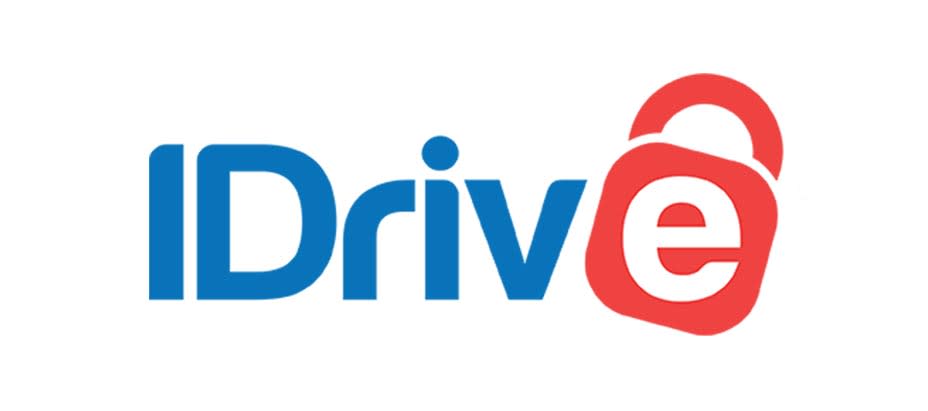
iDrive Personal
Best Overall
Number of devices: Unlimited | Storage limit: 5TB | External drive backups: Yes | Mobile device backups: Yes | System and application backups: Yes, but not by default | Two factor authentication: Yes | Drive shipping: Seed and restore
Free disk-shipping data-transfer option
Fast upload speeds
Backs up mobile devices
Keeps old file versions forever
Generous syncing option
No unlimited storage option
Slow restoration process
IDrive offers the most bang for the buck, backing up an unlimited number of machines to either a 2TB ($13.90 for the first year for Tom's Guide readers) or a 5TB limit, which should be enough for most people. IDrive's upload speeds are fast, its mobile apps actually back up the devices they run on (and recognize faces in photos for easy tagging), it provides a generous file-syncing option and it even lets you mail in a full drive instead of spending days uploading data. IDrive also keeps old copies of each file forever, which is handy, but you'll have to mind those storage caps. It also has two-factor authentication, an essential feature every online service provider should offer.
Best Value
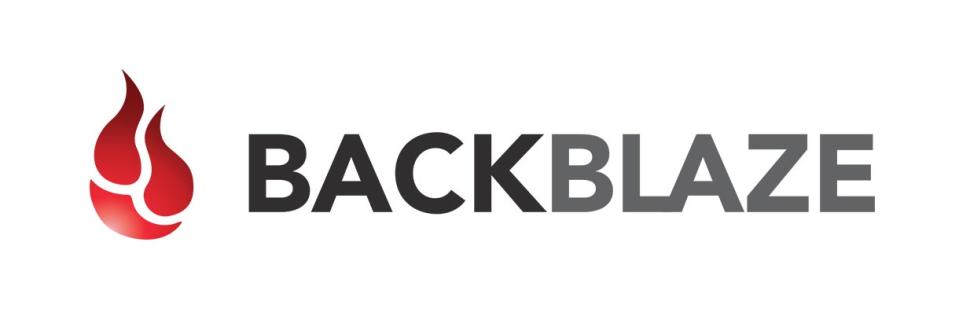
Backblaze
Best Value
Number of devices: 1 computer | Storage limit: Unlimited | External drive backups: Yes | Mobile device backups: No | System and application backups: No | Two factor authentication: Yes | Drive shipping: Restore only
Inexpensive
Unlimited storage
Simple setup process
Rapid upload speeds
Very easy to use
Generous drive-shipping policy
Lost-computer tracker
No multiple-computer plans
No support for network-attached storage drives
Weak mobile apps
Few extra features
Backblaze is still the cheapest online-backup solution, gigabyte for gigabyte, and the easiest to use — you literally can just set it and forget it. We also like the generous restore-my-mail feature and its rapid upload speeds. But Backblaze is not ideal for anyone with multiple machines to back up, unless you have nearly unlimited storage needs.
Best for Power Users

Acronis True Image
Best for Power Users
Number of devices: Up to 5 computers | Storage limit: 5TB | External drive backups: No | Mobile device backups: Yes | System and application backups: Yes | Two factor authentication: No | Drive shipping: No
Offers full-disk-image online backups
Intuitive user interface
Backs up mobile devices
Wide range of extra features
Expensive
Complicated pricing structure
No backups of external or network-attached storage
Acronis True Image is a disk-imaging program with a cloud-backup component tacked on. But it's not a kludge — it's perhaps the most powerful and versatile online-backup solution available, with mobile-device and social-media backups, syncing and sharing options and even ransomware protection. It even includes a "survival kit" which quickly creates a bootable file-restoration tool. The downsides are that Acronis can get expensive, has a confusing pricing structure and doesn't back up external or networked drives.
Other backup services reviewed
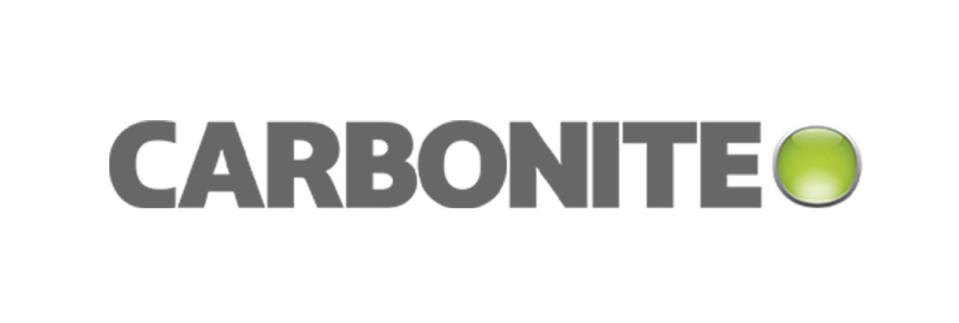
Carbonite Safe
Number of devices: Up to 5 computers, but no volume discount | Storage limit: Unlimited | External drive backups: Not with basic plan | Mobile device backups: No | System and application backups: No | Two factor authentication: Yes | Drive shipping: Restore only
Unlimited storage
Unique backup interface
Solid mobile experience
Expensive
Slow download speeds
Weak video-file support at lowest tier
No backups of external drives at lowest tier
Carbonite says it offers unlimited storage, but you'd better read the fine print, as it doesn't automatically back up large files, external drives, or any kind of video file, on its lowest pricing tier. To get those functions, you'll have to trade up to the point where Carbonite Safe is no longer competitive. Multiple machines are supported on a single account, but each costs as much as the first. On the plus side, the software is attractive and easy to use.
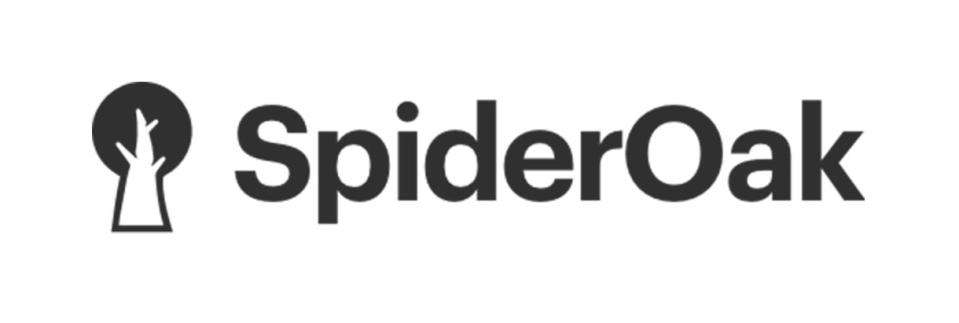
SpiderOak One
Number of devices: Unlimited | Storage limit: 5TB | External drive backups: Yes | Mobile device backups: No | System and application backups: Yes, but not by default | Two factor authentication: Only for legacy users | Drive shipping: No
Backs up unlimited devices
Strong sharing and syncing features
Focus on security
Linux support
Expensive
Steep learning curve
Cramped, confusing user interface
No physical backup or restoration option
SpiderOak was the first online-backup (or online-syncing) service to make sure the customer held a private, exclusive encryption key. Most other online-backup services now offer the same thing, but SpiderOak also has strong file-sharing and -syncing features, as well as support for unlimited machines and, if you insist, backups of system files and applications. Yet SpiderOak's storage-space pricing is so high that it's more competitive with Dropbox than it is with IDrive, and while its file-restoration speed was amazingly fast, its initial upload speed was glacial.
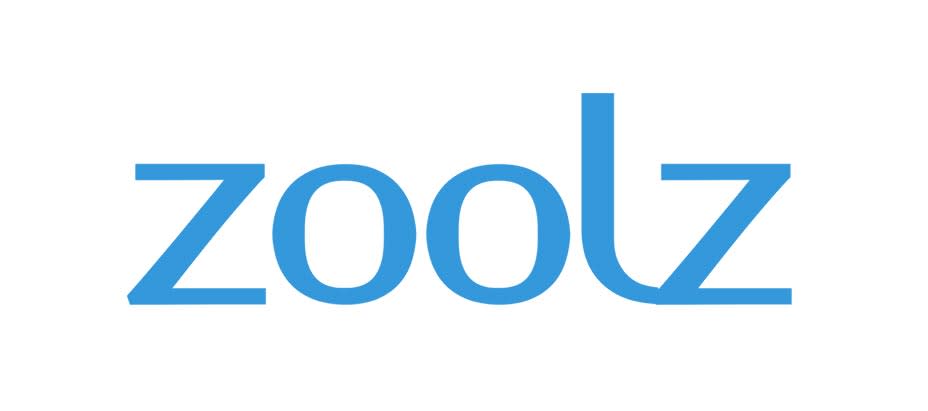
Zoolz Cloud Backup
Number of devices: Up to 5 computers, but only 1 per user | Storage limit: 4TB | External drive backups: Yes | Mobile device backups: No | System and application backups: Yes, but not by default | Two factor authentication: No | Drive shipping: No
Multiuser support
Minimal system impact
Intuitive, attractive user interface
Expensive without discounts
Very slow file recovery
Useless mobile apps
Limited to single machine per user
Zoolz has a lot of features and an attractive, easy-to-use interface. The service permits multiuser accounts, lets you back up applications and system files and, at least at the time of this writing, is appealingly priced. But its Achilles' heel is that the Zoolz storage servers are just rented space on Amazon's Glacier cloud service, which is agonizingly slow to access. It doesn't help that the Zoolz mobile apps are next to useless.
Online backup vs. online syncing vs. online storage
Cloud-backup services aren't the same as online-syncing services like Dropbox, Google Drive, iCloud or OneDrive. An online-syncing service creates a cloud-based mirror of a specific set of files or folders on your device, and pushes out identical copies of those files to all of your linked devices so that you can have immediate access to them.
Cloud-backup services are simpler. They continuously or periodically copy all or most of the files and folders on your computer to their own cloud servers. Your data stays on those servers until you need it, and with luck, you never will. Most cloud-backup services offer generous amounts of storage for a subscription fee that is much cheaper, gigabyte for gigabyte, than an online-syncing service.
Cheapest of all are cloud-storage services such as Box or Google Cloud. These let you offload files you don't immediately need to online servers, freeing up space on your hard drive. These can be dirt-cheap, sometimes as little as a few pennies per month per gigabyte, but there's often a fee to download files again. (The assumption is that you will never need to download all the files.) Backblaze has its own very affordable cloud-storage service called B2.
Encryption and differences
All of the cloud-backup services we tested in 2018 — Acronis True Image, Backblaze, Carbonite Safe, IDrive Personal, SpiderOak One and Zoolz Cloud Backup — protect your data with industry-standard encryption. They also let you encrypt your data yourself with your own private key before uploading the data, although only SpiderOak makes this the default option. (But if you lose your private key, the cloud-backup service can't recover your data.)
Otherwise, cloud-backup services can vary greatly. Some let you back up system files and applications, some back up smartphones and tablets as well as hard drives, some provide software to back up to a local drive, some let you share files with other people, and some even provide file-syncing or dead-storage functions.
But while a couple of online-backup services let you back up an unlimited number of devices, and a few others give you unlimited online storage space, none gives you unlimited space for unlimited devices.


